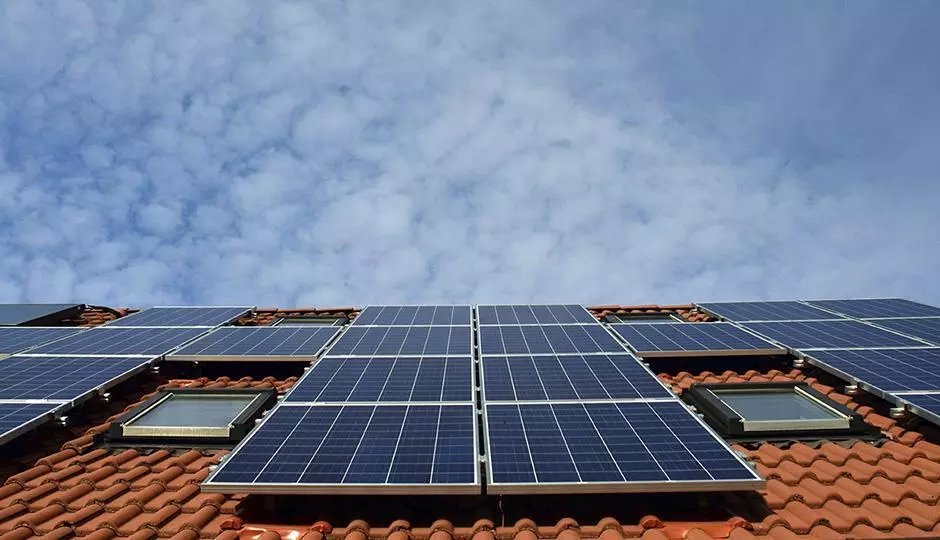From TheInd.com (ABiz / Acadia Business)
For years Louisiana has offered tax credits to residents who purchased solar panels for their homes. However, in mid-2015, the Louisiana Legislature and the Louisiana Department of Revenue determined that there was not enough money in the budget to fund the solar tax credits. So the Legislature decided to place a funding “cap” on the total amount of credits the state will honor each year between now and 2017.
The “cap” has resulted in the denial or deferment of payment of the solar tax credits to thousands of Louisiana taxpayers who are now left confused, frustrated and, frankly, downright angry.
Before June 2015, Louisiana Revised Statute 47:6030 allowed a taxpayer to receive a credit of 50 percent of the cost of an installed solar system — up to a $25,000 purchase price. This allowed taxpayers who maximized the opportunity to receive a $12,500 tax credit. This changed on June 19, 2015, when Act 131 amending La. R.S. 47:6030 became effective. Act 131 placed “caps” on the solar tax credit funding. It also imposed filing requirements on taxpayers and provided that all credits would be granted on a first-come-first-served basis.
Here are the highlights:
- For fiscal year 2015-2016, any claim or request should be filed electronically.
- For systems purchased before July 1, 2016, the amount of credit is equal to 50 percent of the cost of the system, up to the first $25,000.
- For systems purchased on or after July 1, 2016, the tax credit is the lesser of $2 x DC watt size of the system, 50 percent of the cost of the system or $10,000.
- No more than $10 million in tax credits shall be granted for returns filed on or after July 1, 2015, to before July 1, 2016.
- No more than $10 million in tax credits shall be granted for returns filed on or after July 1, 2016, to before July 1, 2017.
- No more than $5 million in tax credits shall be granted for returns filed on or after July 1, 2017.
- No credits will be authorized, issued or granted for systems installed on or after July 1, 2018.
So what does all of this mean to taxpayers? It means a lot since the Legislature essentially changed the game on a bunch of folks — after-the-fact.
Act 131 has some serious constitutional issues. It retroactively altered the rights of taxpayers mid-year by substantially reducing the maximum allowable credit from the original $12,500, depending upon when the systems were purchased. Then, it limited the total funding available to pay solar credit taxpayers — which we estimate to be several thousand dollars to $10 million based on when they filed their returns. Act 131 essentially made what was once a guaranteed right into a conditional one based on purchase date and tax return filing date — after the right vested. These types of deprivation of property are generally considered to be unconstitutional.
Changing rules midstream means it will be virtually impossible for Louisiana residents to make wise tax decisions, and stay in tax compliance.
Peggy F. Moseley of Ville Platte provided a perfect illustration of the problem in her letter to the editor published by The Daily Advertiser Sept. 17. Moseley is a self-described 84-year-old child of the Great Depression, who practices conservation and self-sufficiency by driving a Toyota Prius, growing her own produce and raising her own animals. She installed solar panels on her modest home (her words) in June 2015, knowing that the substantial cost would be defrayed by the federal and state tax credits in effect at that time.
She then filed her state tax return in a timely fashion and claimed her solar tax panel credit. The credit was denied based on the date that her return was filed because the funding “cap” for 2015 had been reached.
Moseley wisely sums up the problem: “I acted in good faith with the terms of the contract entered into with the state of Louisiana. AFTER my date of installation, the state passed a law under which I was retroactively denied the agreed upon tax credit . . . It’s time for the Legislature to correct this grossly unfair action.”
Moseley and her solar panel peers surely have reason to complain. Act 131 is problematic on many levels.
It is, however, imprudent to wait for the Legislature to take corrective action. Doing so may cause Moseley and her contemporaries to lose their rights to contest Act 131. Instead, they should protect their solar tax credit rights by filing their appeals with the Louisiana Board of Tax Appeals. And time is of the essence. The appeals must be filed within 60 days of the letter received from LDR that formally denied the solar tax credit. For many, this date is on or around Oct. 14, 2016, which is fast approaching
Angela Bryson co-founded Lafayette-based Bryson Law Firm LLC with her husband Cary in 2001. The firm, which also has offices in Baton Rouge and Shreveport, focuses 100 percent of its practice on IRS and Louisiana tax resolution, employing a team of attorneys, CPAs and former IRS agents as part of its professional staff.























